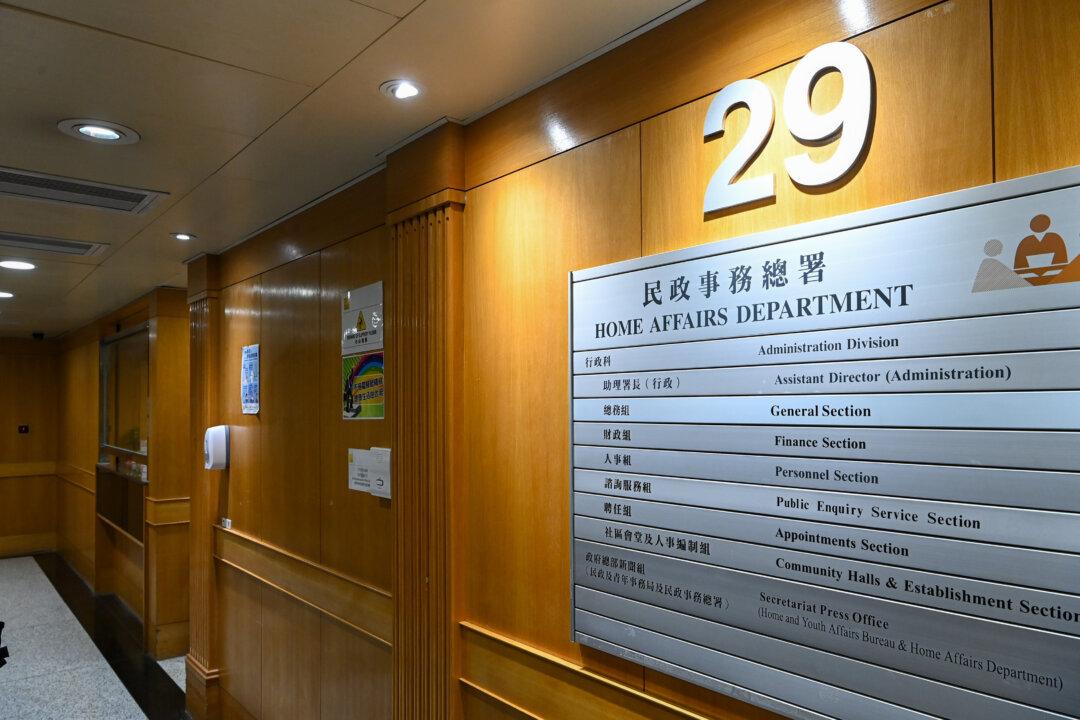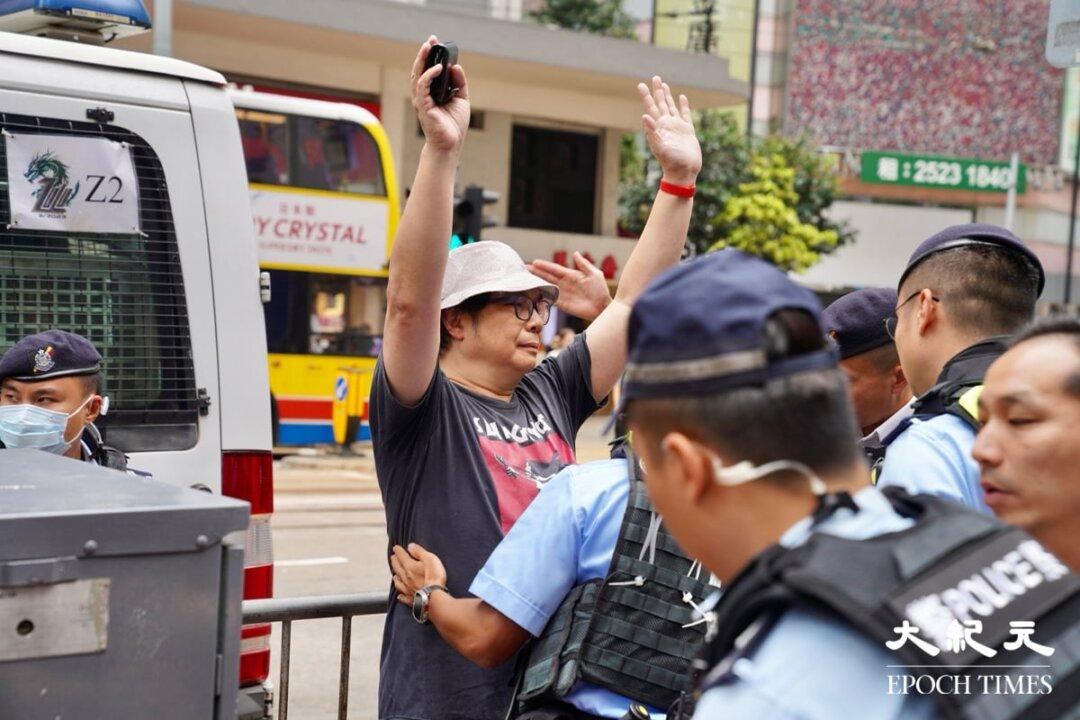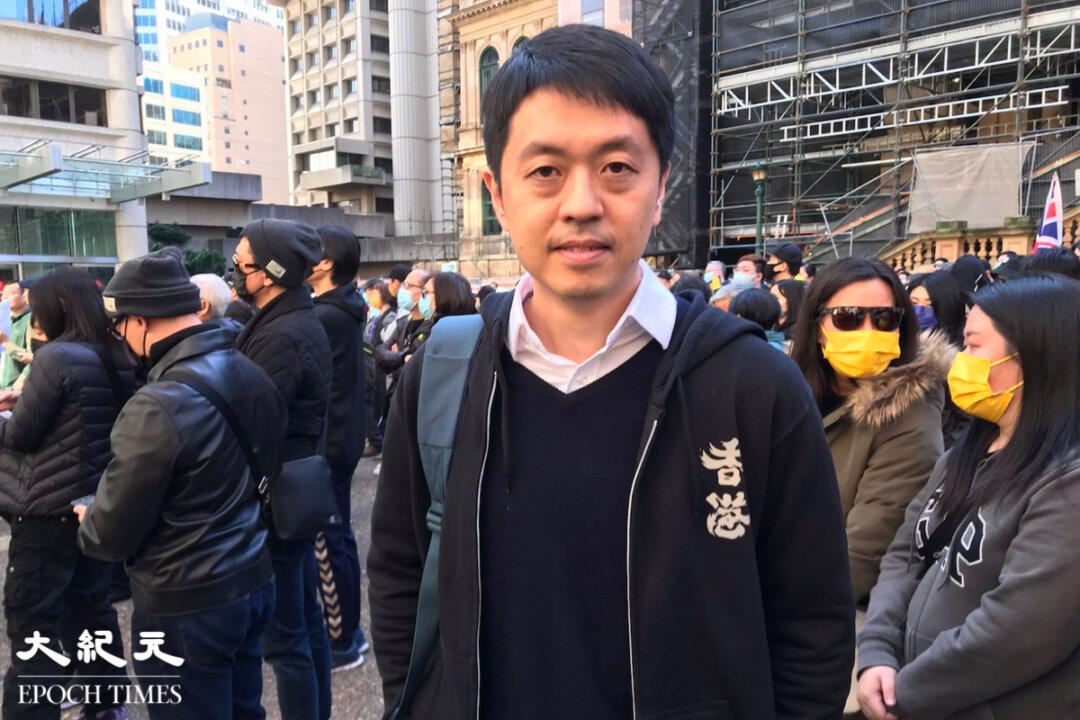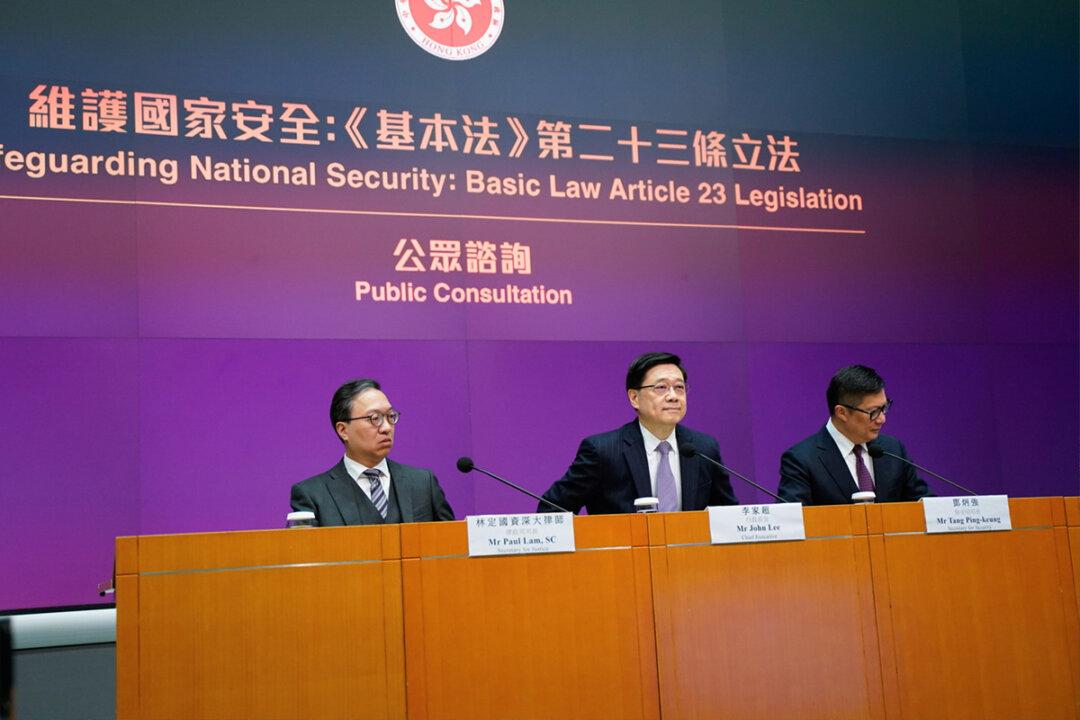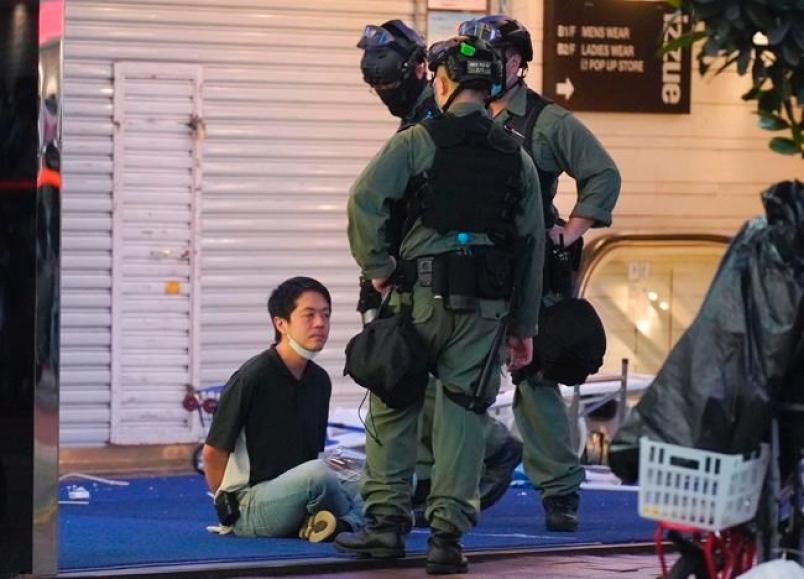A district officer (DO) in Hong Kong is going to Beijing in September for further studies. Recently, it was revealed by local media that a pro-CCP organization spent about HK$200,000 (US$26,000) to hold a “43-table (one table normally seats 12 people)” farewell banquet for him, which caused a public outcry.
The officer under the spotlight is Steve Wong Chi-wah, DO of Wong Tai Sin District, who is about to depart for Peking University for “further studies in the Capital.” On Aug. 24, he was given a farewell banquet of 43 tables by the Kowloon Federation of Associations, attended by more than 500 people, including 40 school principals and people from various sectors in the district.
